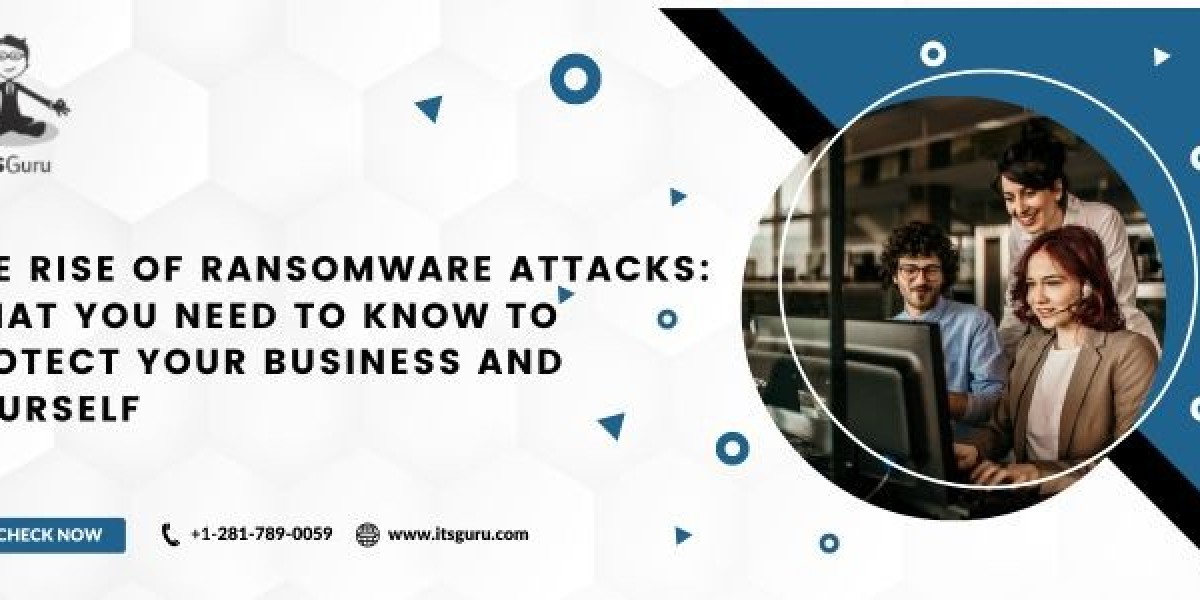Do you know what ransomware is? Or how it can affect your business or personal files? Ransomware attacks on Business are becoming increasingly common in todays digital age, and they pose a significant threat to both individuals and businesses. These malicious programs can encrypt and lock your files until a ransom is paid, leaving you without access to your data. In this blog post, well explore what ransomware is, how it works, and what you can do to protect yourself against these threats.
What is Ransomware?
Ransomware is malware that infects computers and encrypts the users files. The attackers then demand payment for the decryption key. Attackers typically use email attachments, social media messages, and unpatched software vulnerabilities to distribute malware. Ransomware attacks can occur on both Windows and Apple operating systems.
How Ransomware Works
The goal of ransomware is to encrypt the victims files, rendering them inaccessible to the user. Once a device is infected, a message will display, demanding the victim to pay a ransom for the decryption key. This includes a deadline and a threat that the files will be deleted if the ransom is not paid. In many cases, paying the ransom does not guarantee that the files will be returned, and attackers may continue to demand payment.
Security Measures You Can Take
First and foremost, we recommend always keeping your software up-to-date, as attackers frequently seek out vulnerabilities in outdated versions. Additionally, its critical to train yourself and your employees on safe browsing habits. Avoid clicking on suspicious links or downloading attachments from unknown sources. Invest in reputable antivirus and anti-malware software and ensure that you are running regular scans. Cloud backup services can be crucial in the event of a ransomware attack, ensuring that your files are not lost permanently.
Consequences for Businesses and Personal Users
Ransomware attacks can have devastating consequences for businesses and individuals. Business operations can halt as files are encrypted and data is inaccessible, leading to significant financial loss and potentially tarnishing a business reputation. For individuals, personal files including photos, videos, and documents can be permanently lost if the ransom payment is not made.
Conclusion:
The rise of ransomware attacks highlights the growing threat posed by malware and the importance of being proactive in protecting your devices. Staying vigilant, keeping software up-to-date, and investing in reputable antivirus and anti-malware software can significantly reduce your risk of falling prey to these attacks. Educating yourself and those around you on safe browsing habits can go a long way in securing your personal and business files from ransomware attacks.








